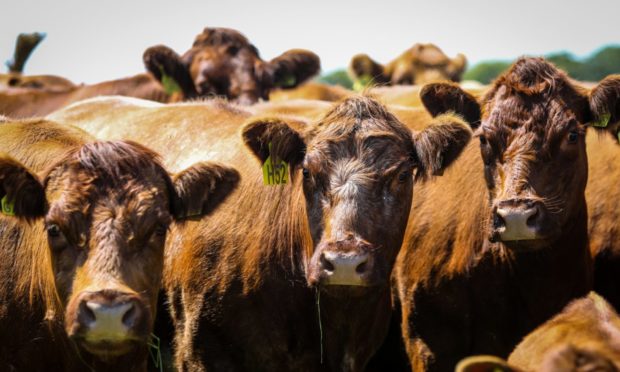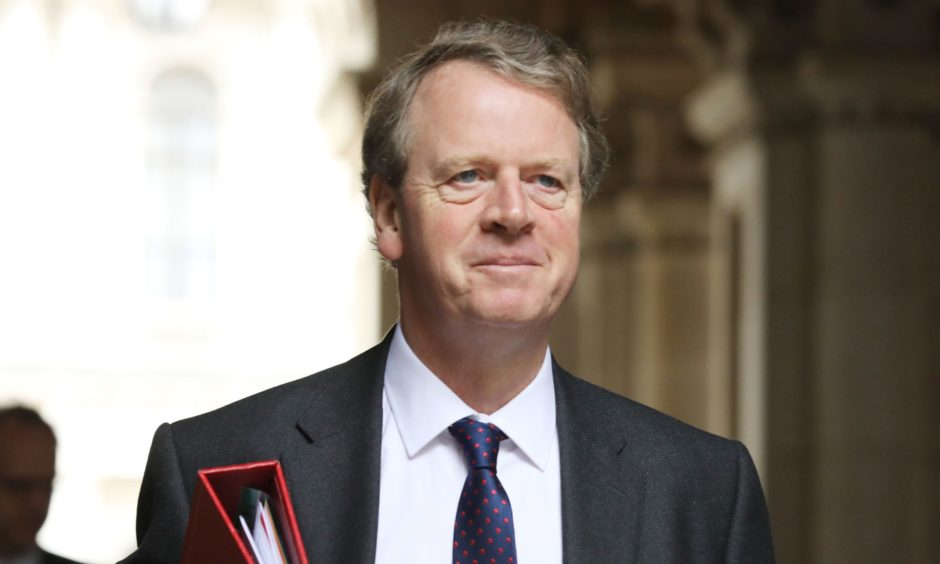Scottish farming leaders have co-signed a letter to Prime Minister Boris Johnson setting out their concerns about a proposed trade deal between the UK and Australia.
It comes after Scottish Secretary Alister Jack revealed discussions are “very close” to completion on a deal.
Major contributors to Scotland’s farming industry, including Scottish Land and Estates and the Scottish Butchers Federation, have co-signed the letter from SNP MSP Jim Fairlie.
The MSP, who is a former sheep and cattle farmer, said he “shares the grave concerns of farmers that they will be severely undercut by any deals that grants tariff and quota-free access for Australian beef and lamb”.
However, the UK Government insisted any trade deal will include “protections for the agriculture industry and will not unfairly undercut UK farmers or compromise our high standards”.
In his letter, Mr Fairlie said: “Scotland’s food production industry has already suffered as a result of the pandemic and Brexit and we cannot afford to have our industry treated as collateral damage in any attempt to push through trade deals with other nations.
“In my Perthshire South and Kinross-shire constituency, and in many others, farming is vital to the wider economy.
“It is imperative that you heed the warnings from industry leaders and farmers themselves at the dangers this deal proposes and the untold damage it could impose on the industry.
“Opening up the Australian market to tariff-free access will open the flood gates for other countries with lower food quality standards such as the USA to seek the same deal, which would have the potential to impose yet further devastation.”
‘Damaging precedent’
MSPs debated the potential deal at Holyrood last week, which they claim will set a “damaging precedent” for future deals.
Mr Jack told BBC Scotland’s Sunday Show that the deal was “very close” to being signed and would mark a “huge opportunity for Scotland’s food and drink industry”.
However, a number of organisations in the sector signed a joint letter expressing concern about the negotiations, claiming they have been rushed and could set a bad precedent.
The Scottish Secretary claimed there would be “safeguards” built into the deal and said any deals the UK makes would prevent the importation of “chlorinated chicken” or “hormone-induced beef”.
‘Gateway into fast-growing Indo-Pacific region’
A Department for International Trade spokesman said: “A deal with Australia will boost the UK’s bid to join the Comprehensive and Progressive Agreement for Trans-Pacific Partnership (CPTPP), providing a gateway into the fast-growing Indo-Pacific region, where there is growing demand for our products.
“We seek a wide range of views before, during and after negotiations to ensure all voices are heard, and consult widely before we launch talks.
“We have some of the most robust and transparent scrutiny arrangements in the world.”


